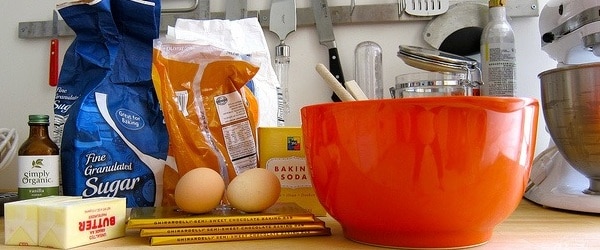How To Make ECL Reagent: 4 Ingredients, Better Blots
ECL is an expensive reagent. Why not learn how to make ECL yourself? This cheap and simple option will give you better blots more often!
Join Us
Sign up for our feature-packed newsletter today to ensure you get the latest expert help and advice to level up your lab work.


ECL is an expensive reagent. Why not learn how to make ECL yourself? This cheap and simple option will give you better blots more often!

Need a simple, error-proof protocol for using immunohistochemistry to stain your slides? Here’s a protocol to try – from dewaxing to mounting.

ECL can be an expensive reagent in a lab. Why not make your own? Hopefully, this quick, simple and cheap solution will be of help to you!

Having to make stock solutions is a part of everyday lab life…a tedious, but necessary, one. So why not make the process as streamlined as possible? Here are a few little tricks I picked up while I was still in the lab: What are your tips for making stock solutions?
Poster sessions can be your best friend, or your worst nightmare; it all comes down to how well you’ve prepared. In this article, I’ll discuss how to present your data in poster form, what to look out for at a poster session, and how to make the most out of a poster session…in short, how…

The easiest way to keep abreast of what’s going on in your scientific field is to set up a PubMed alert. We show you how.
In the previous article in this series, we covered teamwork and networking. Now it’s time to move on to what many people consider the most boring part of the lab work: the analysis. I know we all wish that a simple histogram or a rather nice-looking Western blot or PCR would suffice. But the fact…

They say scientists are highly skilled… and rightly so! While many people would think that we’re shy, retiring types who sit at our lab benches obsessing over teeny-weeny molecules, science (and particularly the process of obtaining a PhD) sets us up as highly skilled members of the workforce. I can hear you all groaning as…

If your immunohistochemistry is not working quite as expected, don’t fret. Check out this comprehensive guide to troubleshooting immunohistochemistry.

The eBook with top tips from our Researcher community.